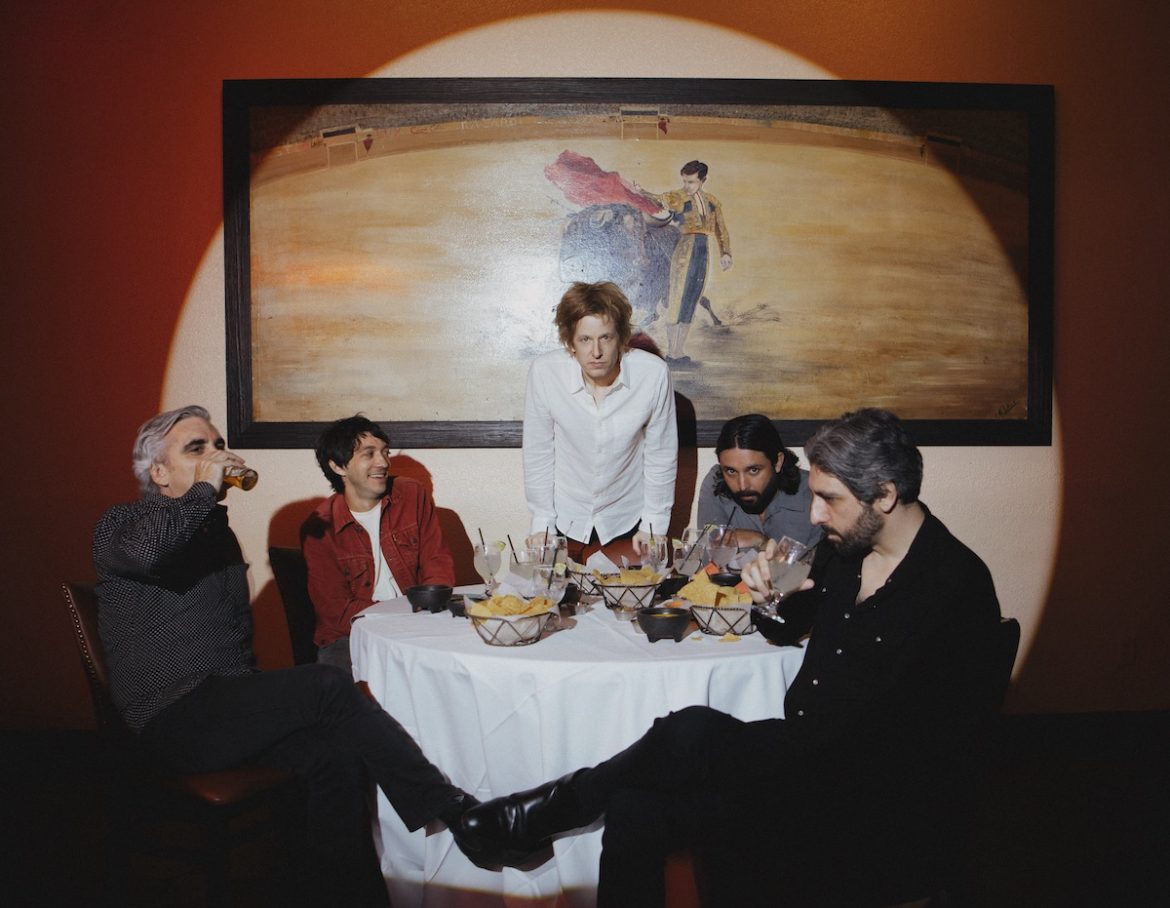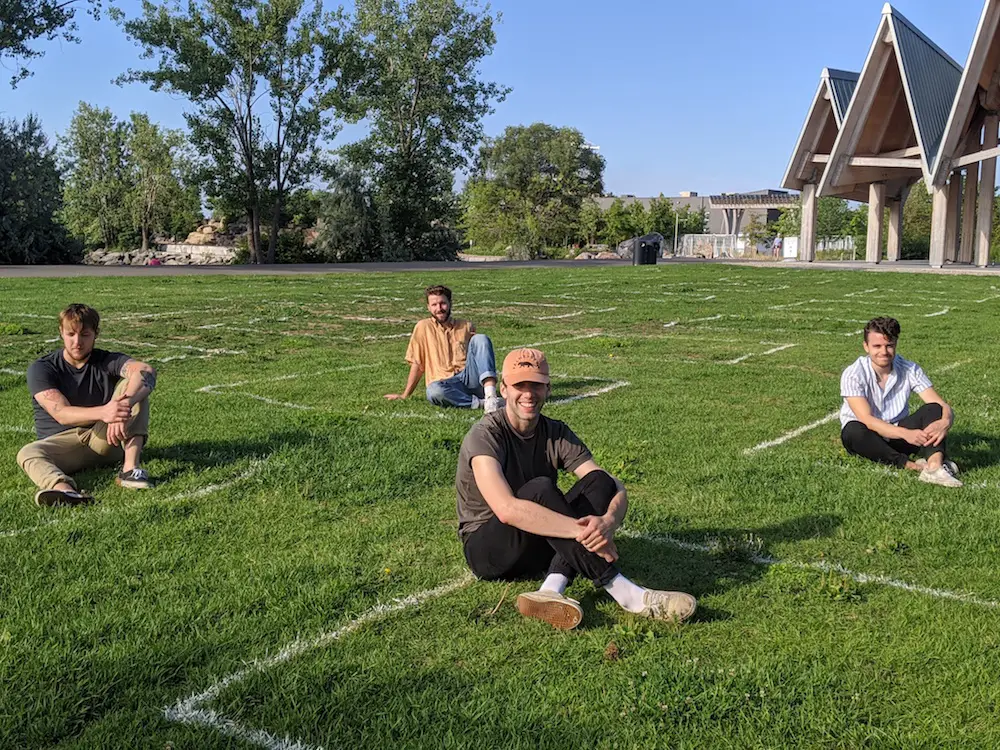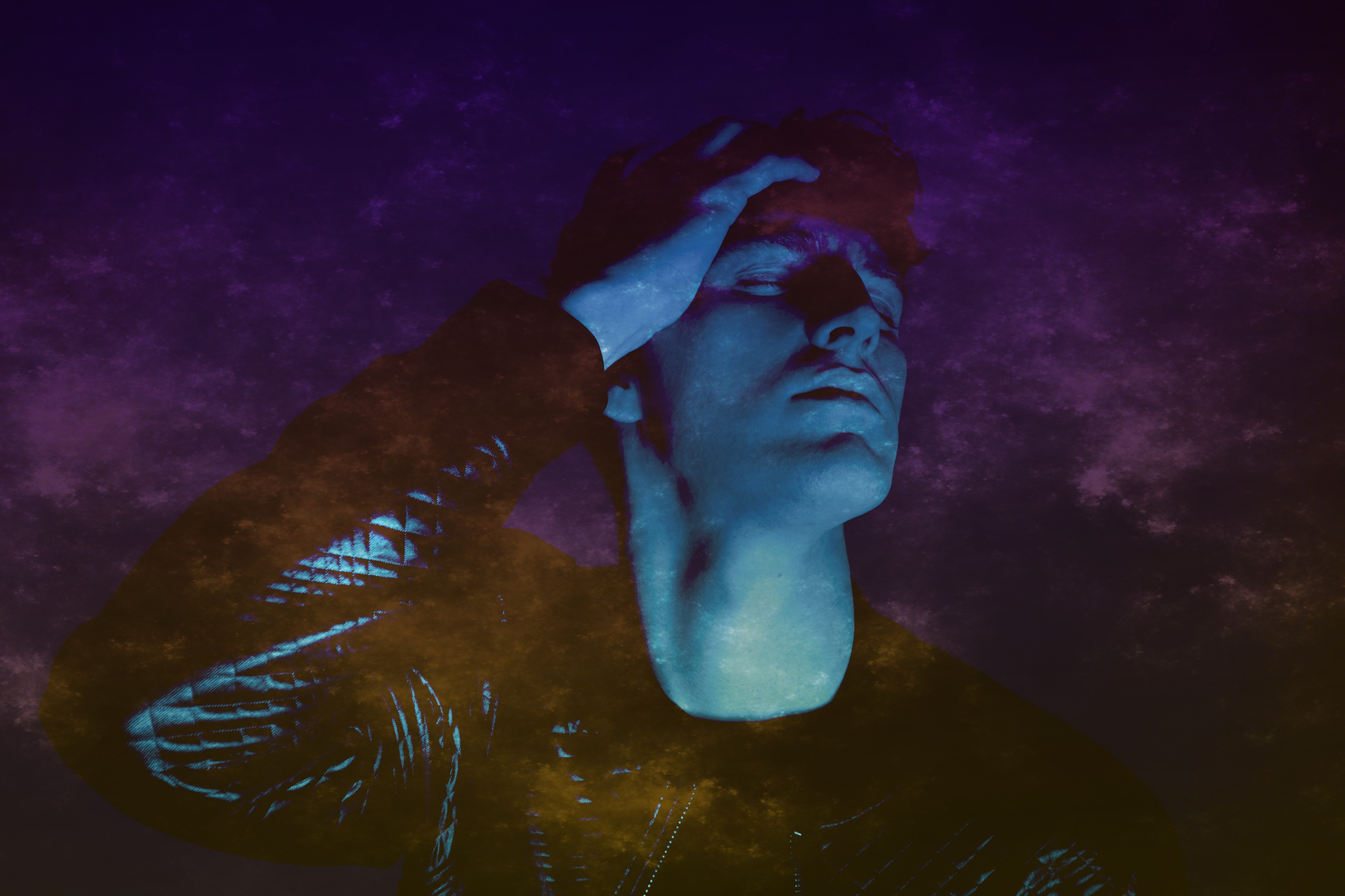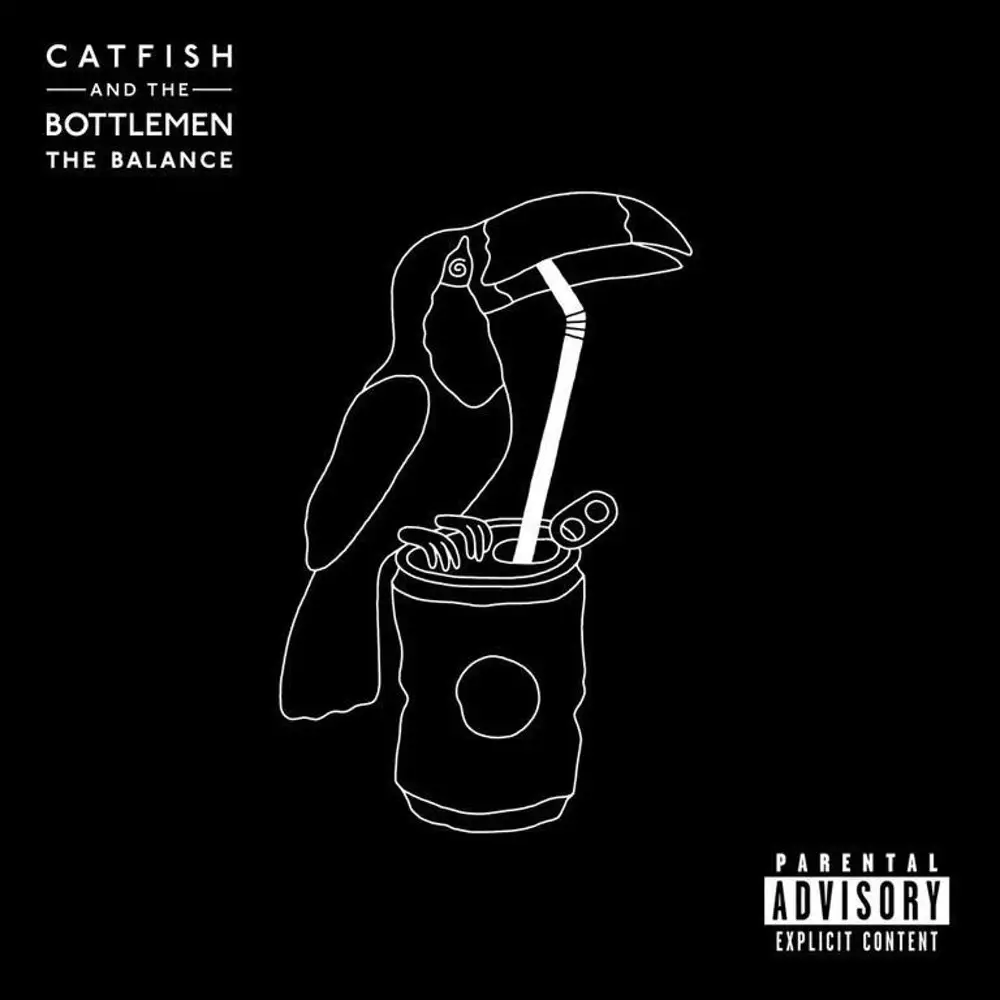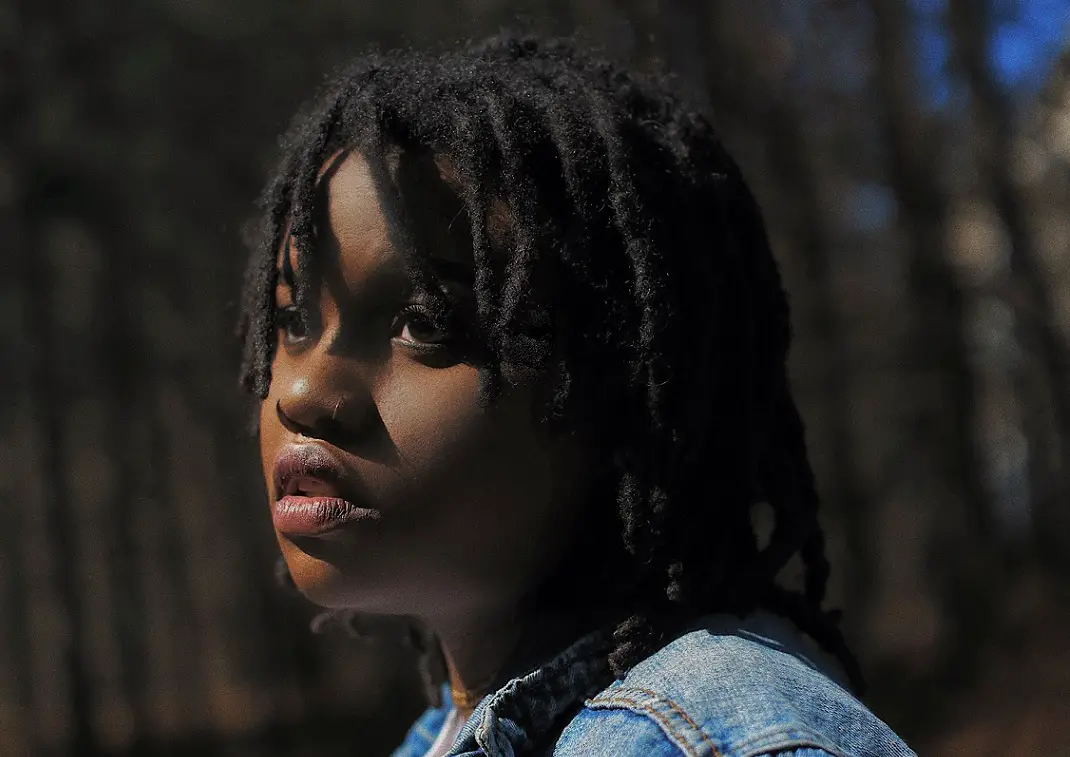Active throughout the past three decades, Spoon are more than indie rock mainstays: They’re a band forever in their prime. In our interview, Spoon’s Jim Eno discusses the band’s staying power and their hard-hitting 10th album ‘Lucifer on the Sofa’, an unfiltered rock n’ roll record fit for the times.
Stream: ‘Lucifer on the Sofa’ – Spoon
Active throughout the past three decades, Spoon are more than indie rock mainstays: They’re a band forever in their prime.
From their ’96 debut album Telephono and its follow-up A Series of Sneaks, to 2007’s critically acclaimed Ga Ga Ga Ga Ga and 2014’s They Want My Soul, straight through to the present day, the Austin-based band have long been a beacon of innovation and inspiration, setting a consistently high bar for themselves while keeping their music fresh and exciting.
“One of the things we try really hard to do is not to repeat ourselves,” Spoon’s drummer and founding member Jim Eno says, reflecting on the band’s longevity. “We’ve been pretty good at trying new things.” This open-mindedness resulted in Spoon’s captivating and colorful ninth LP Hot Thoughts in 2019, a fantastic foray into the art pop and dance-punk worlds with feverish funk undertones and fiercely charged beats.
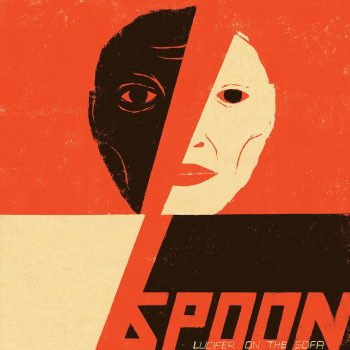
That same spirit is now responsible for Lucifer on the Sofa, arguably the hardest-hitting album of Spoon’s career. Out February 11, 2022 via Matador Records, the band’s tenth LP is pure, unadulterated rock n’ roll from head to toe: A spirited record replete with churning, driving drums, searing, cinematic guitar work, smoldering, bluesy solos, and an insatiable balance between tension and release.
From the raw, visceral opening tracks “Held” and “The Hardest Cut” to the cinematic “Wild” and the dreamy, groovy, slow-burning closer “Lucifer on the Sofa,” Spoon’s latest is charismatic, dynamic, unfiltered, and unrelenting.
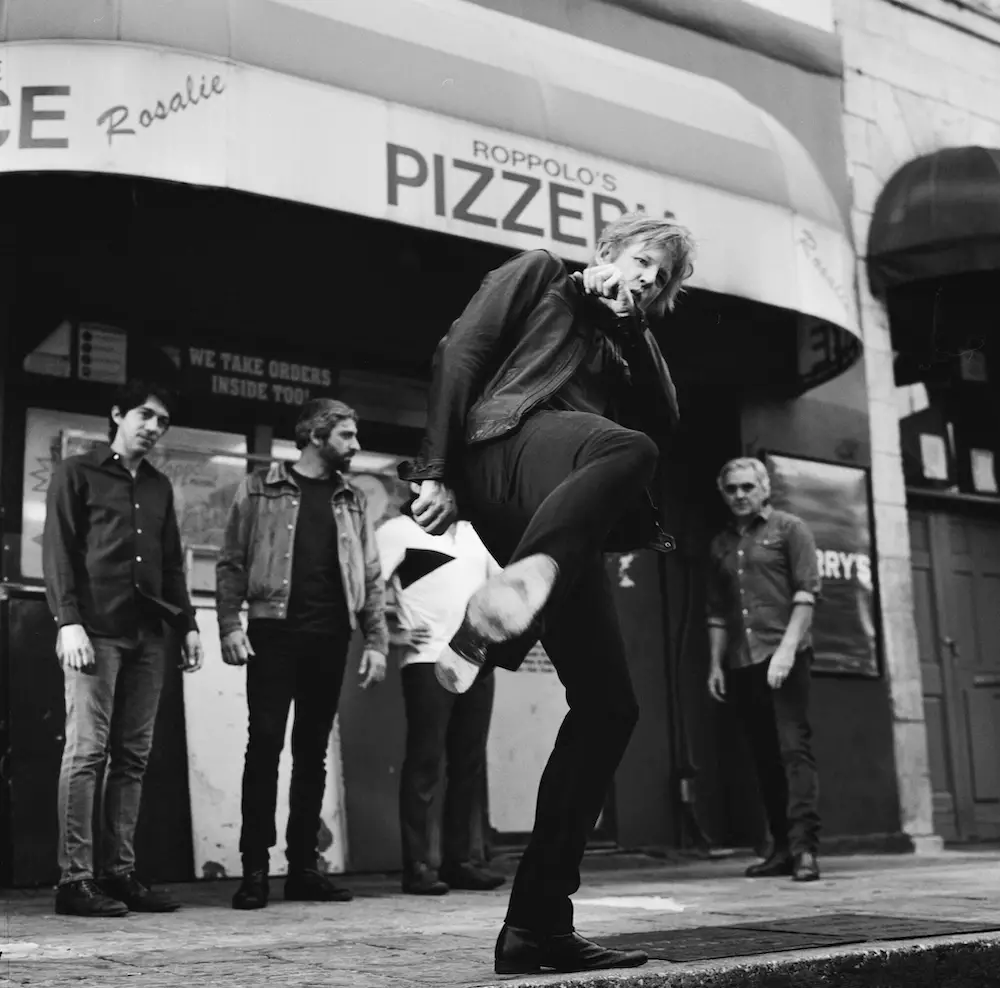
“It’s what we needed to do,” Eno says emphatically. “It’s a great rock record in a time when rock n’ roll is needed.”
“Things are opening up,” he adds. “I think it’s what people are excited to hear.”
If music critics are in any way indicative of the general populous, then Eno is right on the money: Since its release, Lucifer on the Sofa has received near-universal praise from outlets around the world, with Rolling Stone and The Independent both calling it the band’s best album yet.
Case in point: Nearly three decades in, Spoon are still in their prime and making some of the most refreshing work of their career. Atwood Magazine recently caught up with Jim Eno to discuss Lucifer on the Sofa and Spoon’s staying power.
Fans can catch the band – currently consisting of Britt Daniel (vocals, guitar), Jim Eno (drums), Alex Fischel (keyboards, guitar), Gerardo Larios (guitar, keyboards) and Ben Trokan (bass, keyboards) – on the final stretch of their North American headline tour throughout July, and then with their Matador labelmates Interpol later this summer and fall: Kicking off August 25th, the Lights, Camera, Factions tour will be a coast-to-coast run of North American co-headline dates also featuring Metric and The Goon Sax. Click here for more information, and dive into the rock n’ roll depths of Lucifer on the Sofa, out now!
— —
:: stream/purchase Spoon here ::
Stream: ‘The Hardest Cut’ – Spoon
A CONVERSATION WITH SPOON
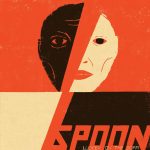
Atwood Magazine: It’s great to meet you, Jim! Thank you for your time today. I was doing the math here and if I have my dates right...
Jim Eno: Oh, boy. I know where this is going…
It's 2022 now, and you started the band back in 1993, which means we're coming up on three full decades of Spoon! To what do you owe Spoon's staying power?
Jim Eno: I don’t usually go back and think about how long it’s been, ‘cause I’ll be like, wow, that’s a long time. What am I doing? A band is based around songs – I mean, we put out records, and on those records Britt writes all the songs (co-writes a little bit). I think the bottom line is he keeps getting better and better at songwriting, and for me it’s really exciting (still exciting) and a privilege to play with him. Just getting the demos of things like “Wild” or “Hardest Cut” and I’m like, holy shit, he is still hitting it out of the park! Yeah, I’ll play on that. Let’s go record it. I mean, it’s a no brainer to participate at it with someone that talented.
How does it feel to be straddling three distinct decades of indie rock, and how do you feel you and the band have consciously or unconsciously changed over that time?
Jim Eno: I feel like one of the things we try really hard to do is not to repeat ourselves. I feel like a lot of bands that have a long career or start putting out records, tend to maybe hit their little comfort zone, and then “this is what they sound like.” “Oh, this is what they sound like again.” “This is what they sound like again.” I feel like we’ve been pretty good at trying not to do that – trying to try new things and be like, “Okay, we’ve done that before, we can’t do that again. Let’s think of a different sound or a different way to approach that.” And we do talk about those things in the studio, sort of high-level concepts when we’re actually recording some.
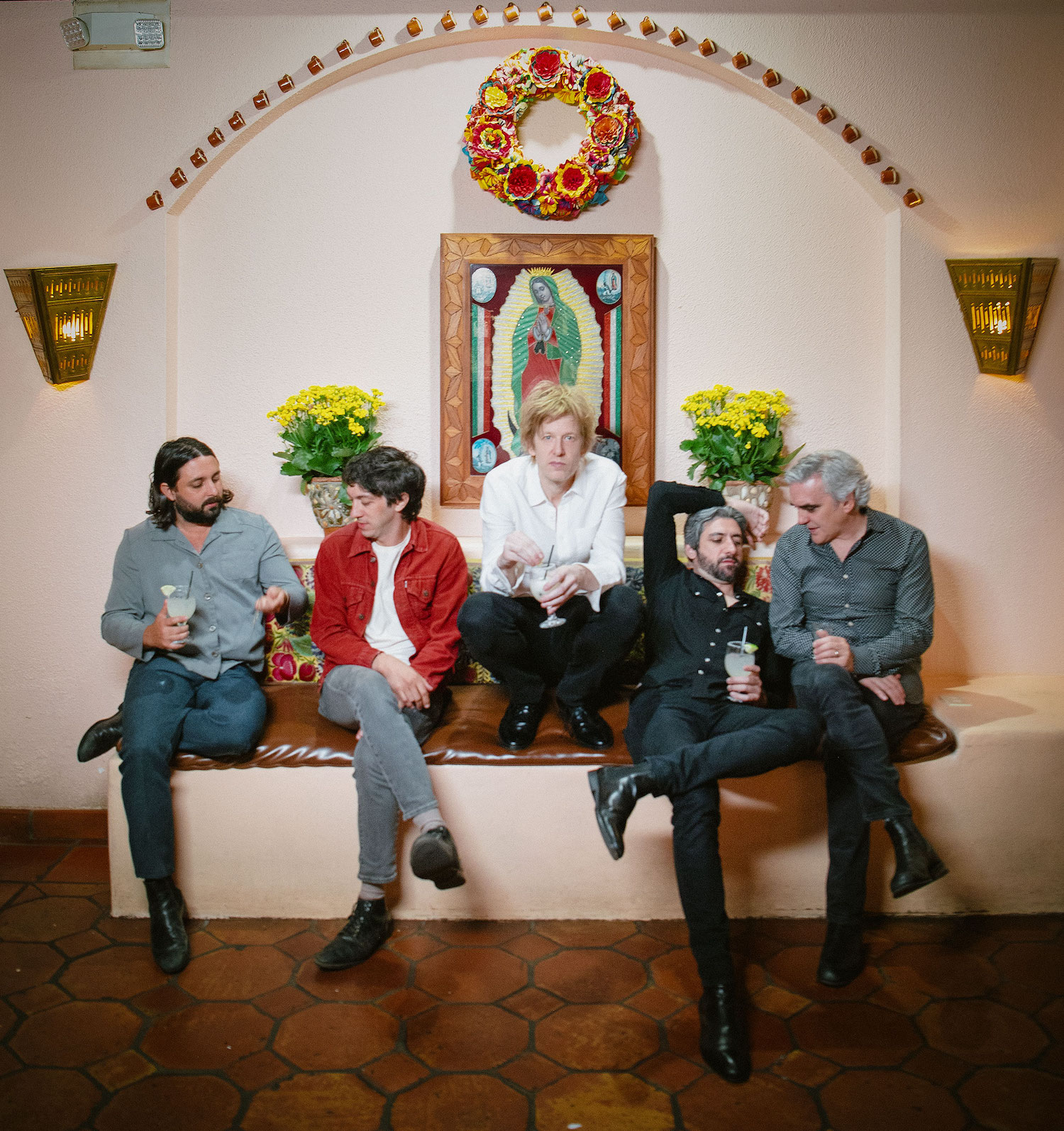
Do you ever ask yourselves or find yourselves stuck on the, “What is Spoon today or who is Spoon at this juncture” question?
Jim Eno: No, we’ve never asked ourselves that, no. [chuckle] We’re looking at it like, as a record, what do we want to do? And then you dive deeper into each particular song as you’re recording it. Where do we want this to go? What’s working, what isn’t working on this? That kind of thing.
We always look at the recording as its own entity. We never think about how we’re going to play a record live, because we feel like the record is the thing that really matters. It’s the thing that’s gonna be around forever, and we want that to be the best it can be. So what we tend to do is make the record and then do rehearsals to try to figure out how we’re going to actually perform those tracks. But you’re right, the interesting thing about this record is that these songs have come together faster than any other record because of the way we recorded it. So it was pretty cool to have almost every song where we’re like, “Yeah, that sounds pretty great already right out of the gate.” So, it’s pretty cool.
We feel like the record is the thing that really matters. It’s the thing that’s gonna be around forever, and we want that to be the best it can be.
That sounds like a very holistic and healthy approach.
Jim Eno: I agree.
What else keeps you motivated to get up and be doing this every day?
Jim Eno: I love being in the studio. I work on records outside of Spoon, and I love doing that. I love playing live. I feel like you’re in the studio, you’re working on a record for maybe a year or something, and you go out and you play it live, and you’re like, “Wow, people really like what we did here.” You can see the reaction to all this time that you spent on this record, and it’s actually really comforting for me, and it really completes that circle of recording and then touring. Riding that kind of thing, playing it for people and seeing the reaction, I feel like it’s a really powerful, powerful feedback to get.
I've always found it fascinating that as a recording artist, you have to bridge those two worlds of recording and touring, and really excel at both of them.
Jim Eno: Exactly. When I go see a live show, you’re always like, “Man, how is this song gonna sound live?” You just don’t know, and hopefully you’re not disappointed, but I feel like we always work hard on making sure that the songs we play live, we are really happy with them and we think that they are actually really good versions.

Where do you feel Spoon were able to shine brightest on your latest record, Lucifer on the Sofa?
Jim Eno: I don’t know. I feel like when we decided that we were going to make a rock record, sort of as a rebellion against maybe Hot Thoughts being more a keyboard based kind of thing, it just felt like it’s what we needed to do. The pandemic, we’re all dealing with it, but it felt like doing a kickass rock record is what we needed to do, to try to get back to that kind of feel, like early ZZ Top kind of stuff, just classic rock sort of vibe. Back in those days, they had a lot of limitations where you’re recording on 16 tracks or 24 tracks. You had to do a lot of planning and things like that and we did that, but we also realized that when we would play songs on Hot Thoughts live after a while, we liked the live versions better than the recorded versions. There is something to be said about really working on parts together as a band and really trying to know everything you’re going to play before you hit the record button. I feel like that’s something that we were very conscious of when we did this record, and I feel like it shows.
There is something to be said about really working on parts together as a band and really trying to know everything you’re going to play before you hit the record button.
It's what The Beatles attempted to do during the “Get Back Sessions” for their last album, Let It Be. That they were unable to do that, I think, is a testament to just how hard what you're talking about is to nail down – to really record live in the studio like that. Was that the first time you guys had done this on record, or is that that you had done previously on other albums?
Jim Eno: We’ve done it previously on other albums, like on Transference, we did it on a few tracks like “Got Nothing.” I’m trying to think of any other ones. That’s one that comes to mind. Back in the early days we used to do it, but this was something we wanted to get back to and do. I feel like we still use the studio as an instrument, which sort of parallels The Beatles, what you’re talking about. We do still like the idea of cool sounds and studio production, but the idea of the underlying track being as live as possible, that adds a level of confidence and bravado to the tracks.
You mentioned how ZZ Top were an influence going into the making of this music. Do any other influences come to mind?
Jim Eno: I’m trying to think of some other things we listen to, like maybe Wings, some Beatles stuff. Yeah, there was just so much. Let’s see. Yeah, I don’t know. A lot of ZZ Top… I don’t know. Just we wanted to get that Texas vibe in there.
I’ve read a lot of reviews about Lucifer on the Sofa being a “return to roots” for Spoon, compared to Hot Thoughts, which I’d thought was quite a fun album.
Jim Eno: I think it’s just a different approach. As opposed to building things up one by one in the studio, it’s sort of like, “let’s work on this as a band and then track it” kind of thing.
That's what happens with longevity: You get the opportunity to explore different styles, and that's something you've had the privilege to do in recent years.
You mentioned that you’re a producer, and that you do engineering work outside of the band as well. What's your experience been in that realm, and have you taken things from that side of your life back into the band and into your work with Spoon?
Jim Eno: Yeah, we use all of our experiences in the studio. I worked with Steve Berlin from Los Lobos on a Grupo Fantasma record a long time ago, and the way he recorded, he wanted to record horns or something, I was like, “Oh man, that’s a really cool way,” or “That’s a really cool trick,” or whatever. And then something happens to bubble over and it could work for Spoon or it could work for some other thing that I’m producing, so I feel like we’re all good in the studio in our own right. Britt’s great, and then all the other guys are really great too. So there’s a lot of ideas bouncing back and forth, and we try a lot of things in the studio because everyone has good ideas and you don’t wanna be like, “Let’s not try that.” We always try things to see if we stumble upon something that is one of those magic moments that you always go for in the studio.
I guess we can owe it at least partially to the pandemic, but this might be the longest time between albums that Spoon ever went.
Jim Eno: It would have come out earlier if it wasn’t the pandemic. I think it probably would have come out maybe end of 2020 or around there, or maybe beginning of 2021, possibly. But then Britt hit a creative stride during the pandemic, and he ended up writing more songs and we were like, “Man, these needs to be on the record.” So then, that ended up being a good thing!
To my understanding, “Lucifer on the Sofa” is actually a key piece of the puzzle that came out of that time in isolation, and it has the privilege of being the record’s title track.
If this album has an overarching theme, what do you think it would be?
Jim Eno: I don’t know if it has an overarching theme, but I still go back to the fact that it’s a great rock record in a time when rock n’ roll is needed. Things are opening up – it’s something that we wanted to do, and I think it’s what people are excited to hear.
There's this raw energy going through it that’s absolutely invigorating. It could quite possibly be the hardest rock record you've ever made. Obviously these things are debatable, but it's certainly loud. How did you guys go about making your loudest record yet, aside from turning all the knobs up?
Jim Eno: Boy, I don’t know. There’s mastering aspects to it, and as technology gets better, things just get louder. We are not consciously trying to compete with the loudest record kind of thing, I just feel that maybe for sparser records, you can actually turn them up louder because there’s not a wall of sound that’s all competing for the same space. So you listen to a song like “The Hardest Cut” and you’ll be able to push that a little bit more ’cause it’s more open. But it does sound loud, it does sound tough. There is a part in that song “On the Radio,” there’s this middle part where Andrew Scheps was mixing it and I was just like, “Man, that is like the loudest thing I’ve ever heard.” [chuckle] And I’m like, “Do you think that’s too loud?” And he’s like, “Yeah, it’s like a 1000% too loud. I love it.”
I really like that energy. For me, it really is those first two songs, “Held” and “The Hardest Cut,” that hit me over the head and probably locked me in for the rest of the album. The sheer power in those songs really got me.
Jim Eno: Yeah, the “Held” energy is pretty interesting because the way we did that is, we’ve experimented with double drums before. You know, sorta like a Fleetwood Mac thing where you have one kid on one side, one kid on the other. But we decided to do two complete band takes, one on the right side, one on the left side. We picked one bass and put it up the middle, but the majority of that track is two band takes playing together, one on the left, one on the right. Yeah, so we had never done that before. But it’s the kind of thing where we tried it, and then we push up the faders and we’re like, this sounds massive and really great right from the start. It’s very, very cool.
“Wild,” which seems to be catching a lot of favor online as well, really spoke to me. I loved the restlessness in that song and then the release with that lyric, “and the world, still so wild, called to me.” There's the sense of that universal longing that we've all been feeling for the past two years. Do you have any favorite songs off of this bunch in particular that really speak to you, that you're really proud of?
Jim Eno: Yeah, a couple of them. I feel like… “Wild”, I love that track. I feel like it’s very anthemic. And I feel like it gives me a sense of hope for the future kind of thing. I look at lyrics as like anyone can have their own interpretation. So mine may be incorrect, but that’s sort of how I feel when I listen to it. And then, “Feels Alright,” to me is a track that… I just feel like that one has this really, really fun energy to it that you could tell we were having a really good time when we were recording it. It feels like a party to me.
I was reminded every measure
Riding trade winds, buried treasure
I got on fine with modern living
But must I be such a citizen?
And the world, still so wild, called to me
I was lost, I’d been kept on my knees
Trippers and askers, they surrounded me
All them describing how they’d like me
All them wanting somethin’ special
Bring ’em roses, sing them blues
You guys recorded at your studio down in Texas. I know it's been years at this point, but does having your own home studios change the game as a band and change it for you creatively?
Jim Eno: Yeah, it’s great. It definitely keeps things a little bit more cost-effective… But the idea of having infinite studio time is definitely not good also because it removes a well-needed limitation when it comes to record making. You can get in this situation where you just keep going and keep going and spin your wheels a lot. So we try to have deadlines for ourselves and things… Try to be like, “We have to finish the record by here.” And really try to meet those kinds of deadlines.
Right, that pernicious question, how do you know when a song is done.
Earlier, you mentioned this is a time when people really need rock music, and I couldn't agree more. Are there any other contemporary rock bands or rock acts that you've keyed into, whether you're listening to or kind of aware of in the music sphere these days?
Jim Eno: Yeah, I feel like the latest Low record is pretty mind-blowing. And as a producer, that sort of record is very ballsy and it really showcases contrasts in songs and in records where you have this machine-like kind of music with beautiful vocals on top. I feel like that is pretty amazing. And then I’m really into a band called Gustaf. You probably know them, they’re from New York City. Are you familiar with them?
No. I'm going to look them up though.
Jim Eno: Oh boy. Yeah, you need to check them out. They’re a young New York City band, and they remind me of ESG. That all girl band from the ’70s, I guess. They’re really great, and a great live band.

What do you hope listeners take away from Lucifer on the Sofa? And what did you... And I guess, speaking for the band if you can take out from recording and releasing this record?
Jim Eno: I hate to keep coming back to it, but I hope everyone feels the sense of coming out of this time, hopefully getting back to normal and basically using the record as a jumping off point for something positive and something that feels good. For us, it’s a really strong rock n’ roll record, and I feel like that’s definitely what we needed now, and hopefully everyone relates to that.
What are you excited most about Spoon's future?
Jim Eno: More great songs. I just love getting the songs before we record them. It’s a pretty exciting time. It’s sort of the start of the next chapter. It’s like, “Hey, check this out. Let’s see how we’re gonna approach this.” And then it’s like, “Alright, here we go.”
How has your tour been so far? What's it been like to be back out there?
Jim Eno: Oh, it’s been great. We had a little bit of a hiccup with some COVID stuff and delaying some shows, but overall, it’s been amazing! The crowd has reacted really well to the record and the shows have been going great. [Song-wise,] it’s all over the place, actually. We do a lot of old stuff. We try to do songs for the people who have come see us over all this time… Add new things that we haven’t done in a while. So we’re conscious of that.
Does the fact that this is such a rock heavy record give a little bit more of a rock edge to the other songs as well?
Jim Eno: I think so. I think it’s more like a band. You know what I mean? The band is a very strong rock n’ roll band, and I feel like that is making previous songs sound more rock.
— —
:: stream/purchase Spoon here ::
Stream: ‘Lucifer on the Sofa’ – Spoon
— — — —

Connect to Spoon on
Facebook, Twitter, Instagram
Discover new music on Atwood Magazine
? © Oliver Halfin
:: Stream Spoon ::

